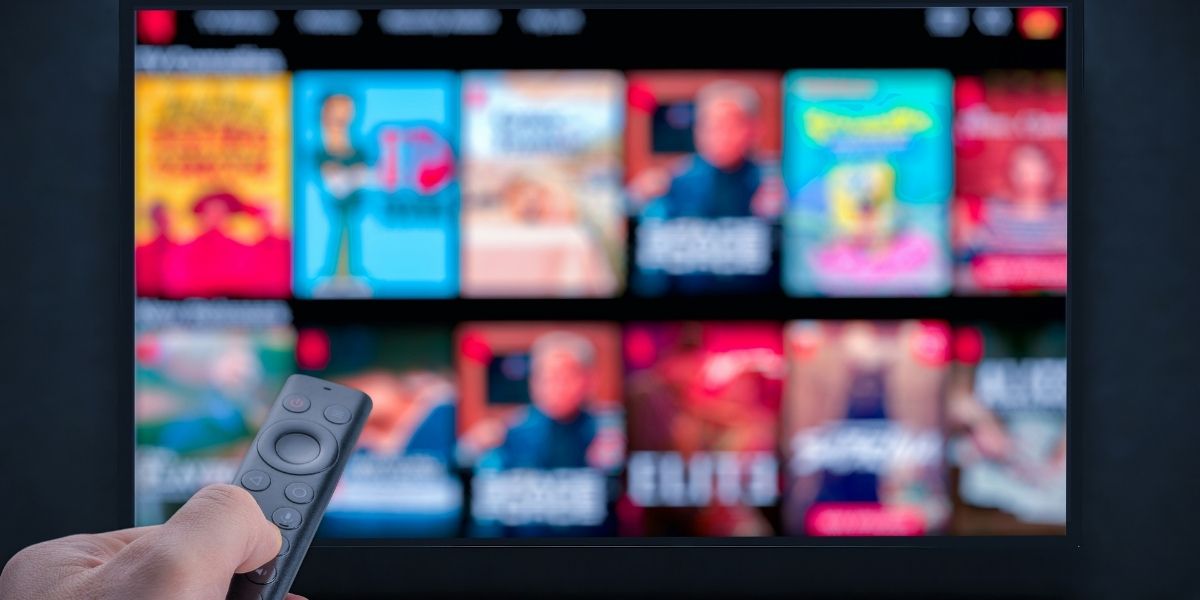An acclaimed neurosurgeon from California, Dr. Henry Aryan is a board-certified physician who completed a fellowship in neurospinal oncology and complex spinal disorder treatment at UC San Francisco. As a founding member of the Society for Minimally Invasive Spine Surgery, Dr. Henry Aryan is at the forefront of integrating minimally invasive neurosurgery techniques into his practice to treat a variety of patients.
Dr. Aryan specializes in complex spine surgery, surgery in the elderly, revision spine surgery, surgery for spinal tumors, minimally invasive spine surgery, spine artificial disc placement, spinal radiosurgery, as well as robotic-guided spine surgery. He also provides care for degenerative spine disease, spinal deformities, scoliosis, spine trauma, and metastatic disease.
Changing the Face of Neurosurgery
In recent years, there have been significant advancements in neurosurgery, with Dr. Aryan incorporating these evolving techniques into his approach to treating complex spinal and other neurosurgical conditions. These minimally invasive techniques have played an important role in improving patient outcomes and enhancing the precision of surgical procedures.
Minimally invasive neurosurgery typically involves the use of small incisions or natural openings in the body to access the surgical area, utilizing specialized instruments and advanced imaging technologies. Unlike traditional open surgery, which requires larger incisions, minimally invasive procedures generally result in less disruption to the surrounding tissues, leading to potentially quicker recovery, reduced pain, and fewer complications.
Dr. Aryan’s Innovative Approach to Surgery with Robotic-Assisted Techniques
Robotic-assisted neurosurgery is a key element of Dr. Aryan’s approach to complex surgeries, offering a level of precision and control that can be difficult to achieve with the human hand alone. The robotic systems used in his practice are equipped with high-definition 3D cameras and robotic arms, which are capable of highly detailed and delicate movements. This advanced technology allows Dr. Aryan to achieve a magnified view of the surgical site, enabling more accurate targeting of the affected area. Moreover, the robotic arms can perform operations through small incisions, minimizing injury to surrounding tissues. This often results in a reduction of post-operative pain and can contribute to a faster recovery process for patients.
Furthermore, robotic systems help filter out hand tremors, providing Dr. Aryan with enhanced control, which can be particularly valuable in delicate, complicated surgeries where precision is critical to patient safety.
Incorporating robotics into his practice has enabled Dr. Aryan’s patients to experience shorter hospital stays and quicker returns to their daily activities when compared to those undergoing traditional open surgery. While outcomes vary based on individual cases, many patients report benefits such as a reduction in recovery time and a more comfortable post-operative experience.
Endoscopic Technique for Spine Surgery
Endoscopic neurosurgery involves the use of a narrow, flexible tube (an endoscope) equipped with a camera and a light source. Through small incisions or natural openings, surgeons can access the surgery site, offering a minimally invasive approach that causes less disruption to surrounding tissues. This technique allows Dr. Aryan to treat conditions such as herniated discs, spinal stenosis, and spinal tumors by removing damaged tissue or tumors with minimal impact on the surrounding structures.
With endoscopic surgery, patients often experience minimal scarring, reduced risk of infection due to shorter surgery times, and less pain and blood loss. These factors contribute to faster recovery when compared to more traditional surgical methods, although individual results can vary.
Technology Continues to Advance
Minimally invasive techniques in neurosurgery continue to evolve as technology advances, and Dr. Henry Aryan actively embraces these innovations to further improve patient outcomes. Among the promising new technologies are Augmented Reality (AR) and Virtual Reality (VR), which create 3D models of a patient’s anatomy. These tools allow surgeons to plan and rehearse complex procedures ahead of time, increasing the likelihood of a successful surgery. Additionally, next-generation robotic systems have the potential to enable remote neurosurgery, which could be especially valuable for patients in underserved or remote locations.
Other advanced imaging techniques, such as intraoperative MRI and fluorescence-guided surgery, provide surgeons with real-time feedback during surgery. These innovations help ensure that targeted tissue is removed effectively, which may reduce the likelihood of recurrence and improve patient outcomes, though results can depend on a range of factors.
About Dr. Aryan
Dr. Aryan is a dedicated innovator and expert in robotic spine surgery. His ongoing efforts to improve the treatment of neurospinal disorders, combined with his contributions as a pioneer in surgical technology, have earned him recognition from numerous prestigious academic journals and media outlets, both in the United States and internationally. Dr. Aryan provides care at Sierra Pacific Orthopedics in Fresno, California, and serves as an associate clinical professor of neurosurgery at the University of California, San Francisco.
Disclaimer: This content is for informational purposes only and is not intended as medical advice, nor does it replace professional medical expertise or treatment. If you have any concerns or questions about your health, always consult with a physician or other healthcare professional.
Published by Tom W.










